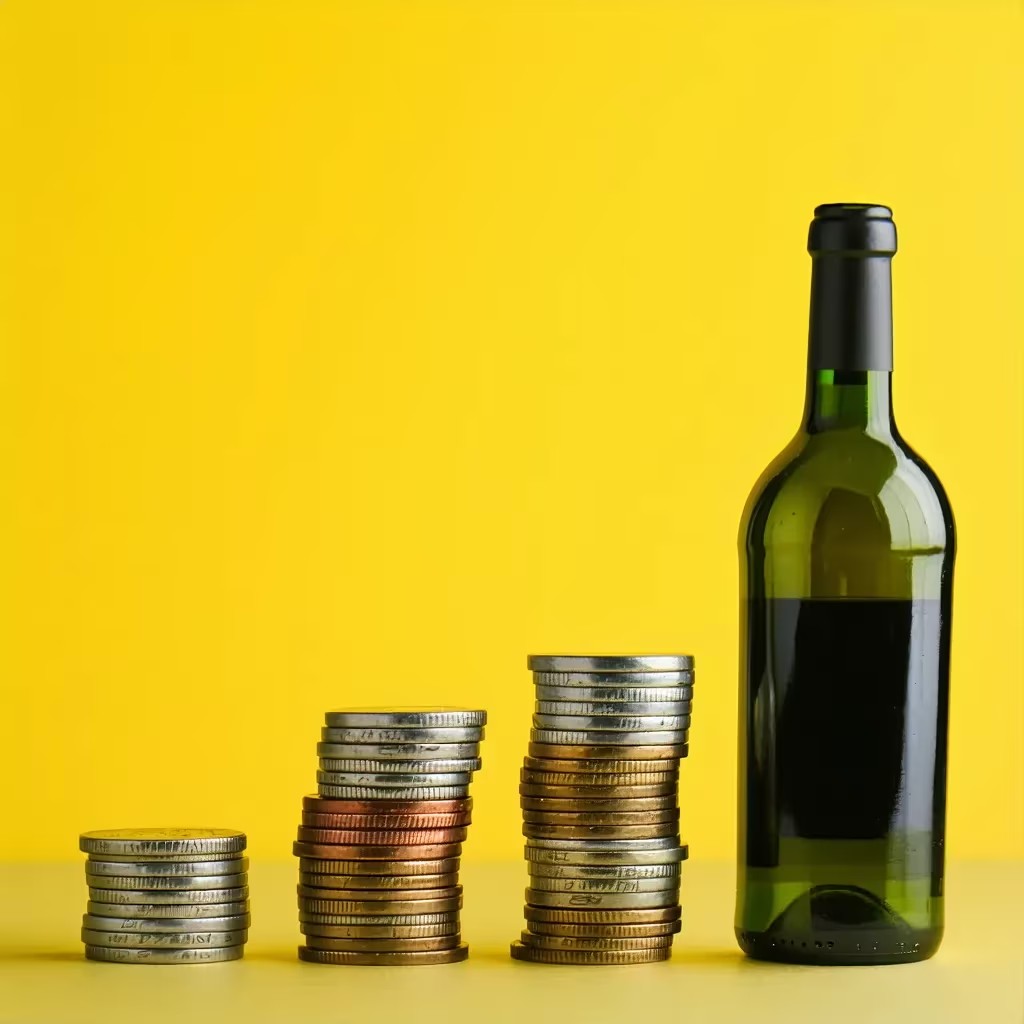I am traveling home bow after a night out. So wanna write a article about the wastefulnesss about being druck compare being financially rational.
The Cost of Being Drunk vs. Chasing Economic Goals
In a world that demands focus and ambition, the pursuit of economic goals often takes center stage for those striving for success. However, the temptation to indulge in excessive drinking can derail even the most determined individuals. Being drunk, while momentarily gratifying, is a wasteful endeavor that squanders time, money, and potential when compared to the disciplined pursuit of financial and professional aspirations. This article explores the stark contrast between the fleeting highs of intoxication and the enduring rewards of chasing economic goals.
At its core, excessive drinking is a drain on resources. Alcohol consumption, especially in excess, comes with a direct financial cost. A single night out can easily cost $50-$200, depending on the venue, drinks, and associated expenses like transportation or bar tabs. For frequent drinkers, this adds up to thousands of dollars annually that could be invested in education, starting a business, or saving for long-term goals like homeownership. This money, if redirected to a savings account or stock market investment, could compound significantly over time. For instance, $600 invested annually at a 7% return could grow to over $20,000 in 20 years. Drinking, in this sense, is not just a momentary expense but a theft from future wealth.
Beyond the financial toll, being drunk wastes time, a resource even more precious than money. A night of heavy drinking often leads to hours lost to inebriation, followed by hangovers that can render the next day unproductive. Studies suggest that hangovers cost the U.S. economy $150 billion annually in lost workplace productivity. For an individual, this translates to missed opportunities to work on side hustles, learn new skills, or network with professionals who could open doors to career advancement. In contrast, chasing economic goals requires consistent effort and time management. Whether it’s studying for a certification, building a business plan, or putting in extra hours at work, these activities compound into tangible outcomes like promotions, raises, or entrepreneurial success. Time spent drunk is time stolen from building a future.
Moreover, alcohol impairs judgment and decision-making, often leading to reckless choices that can have long-term economic consequences. A single DUI can cost upwards of $10,000 in fines, legal fees, and increased insurance premiums, not to mention potential job loss or damage to one’s professional reputation. In contrast, pursuing economic goals demands clarity and discipline. Whether it’s negotiating a salary, investing wisely, or avoiding unnecessary debt, sober decision-making is a cornerstone of financial success. The mental fog of intoxication is the antithesis of the sharp focus needed to navigate the complexities of wealth-building.
There’s also the impact on health and energy, which are critical for sustained economic pursuit. Chronic drinking can lead to health issues like liver disease, heart problems, or mental health challenges, which not only incur medical costs but also reduce one’s capacity to work effectively. The National Institute on Alcohol Abuse and Alcoholism estimates that alcohol-related illnesses cost the U.S. healthcare system $28 billion annually. Meanwhile, chasing economic goals often requires physical and mental stamina. Whether it’s working long hours, managing stress, or maintaining the energy to seize opportunities. A lifestyle centered on sobriety and wellness supports the endurance needed to achieve ambitious financial milestones.
On the other side, some argue that drinking serves as a social lubricant, fostering connections that could lead to economic opportunities. Networking over drinks or celebrating with colleagues might seem like a pathway to professional growth. However, this benefit is overstated when weighed against the risks and costs. Genuine relationships built on mutual respect and shared goals far outweigh the superficial bonds formed over alcohol. Furthermore, the modern economy increasingly values authenticity and competence over fleeting social encounters. A clear-headed conversation at a conference or a well-crafted email is more likely to open doors than a drunken chat at a bar.
Ultimately, the choice between being drunk and chasing economic goals is a choice between instant gratification and lasting achievement. Drinking offers a temporary escape, but it comes at the expense of time, money, health, and opportunity. In contrast, pursuing economic goals, whether through education, entrepreneurship, or disciplined saving. The path to financial success is not always easy, but it is far more rewarding than the fleeting haze of intoxication. By prioritizing ambition over indulgence, individuals can transform their potential into tangible wealth and opportunity, leaving wastefulness behind in favor of a brighter, more prosperous future.
So the conclusion is being drunk might be fun, but a waste monetary wise. Trying to sober up tomorrow.

Posted Using INLEO